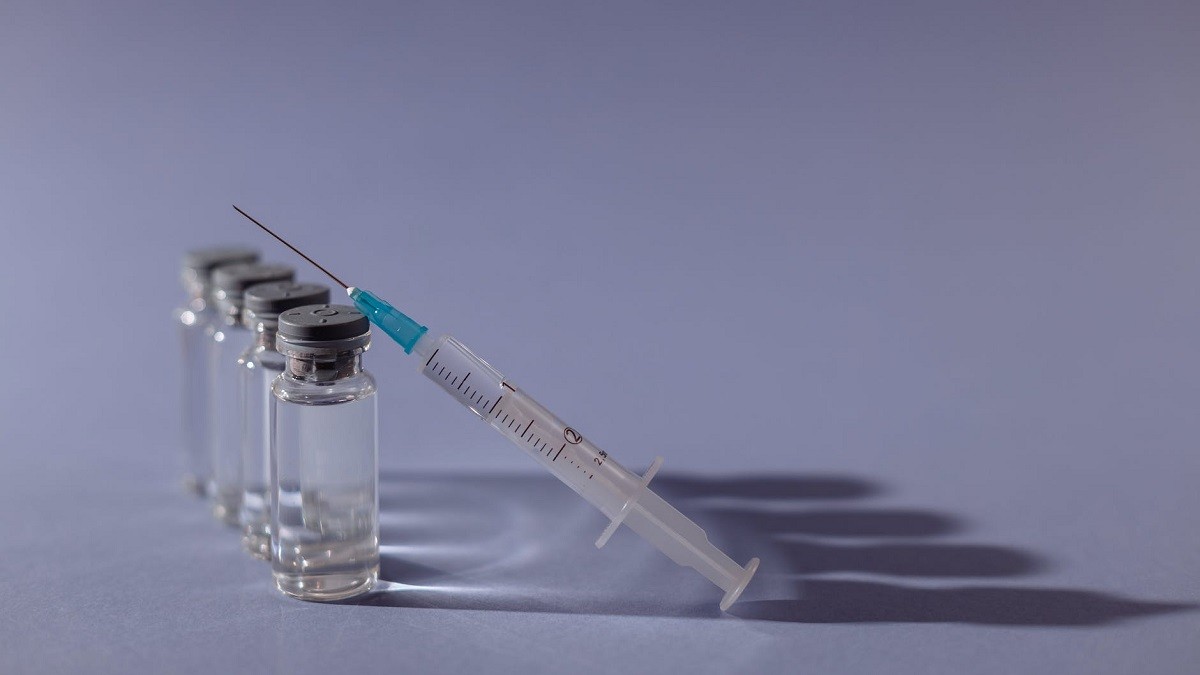Health
WHO: More data needed to recommend COVID-19 booster shots

- Soumya Swaminathan, chief scientist at the WHO, said it was still “premature” to recommend booster shots.
- Swaminathan said that there is not enough information yet, and that several have yet to take their first dose of vaccine.
- Booster shots are extra vaccine doses aimed to further boost a fully vaccinated person’s immune response over time and provide extra protection against other coronavirus variants.
It’s still too early to recommend COVID-19 booster shots, according to the World Health Organization’s chief scientist, Soumya Swaminathan.
“We don’t have the information that’s necessary to make the recommendation on whether or not a booster will be needed,” Swaminathan stated.
Booster shots, which are extra vaccine doses, aim to further boost one’s immune response over time and provide extra protection against coronavirus variants.
Several vaccine manufacturers have already developed extra doses for fully vaccinated people, but many experts have questioned the need.
Pfizer and AstraZeneca have started their booster shot trials. Early lab data from Moderna, meanwhile, showed that a third dose of its two-dose COVID-19 vaccine boosted antibody levels, the company announced on May 5.
But Swaminathan told Bloomberg on Friday that it was still “premature” to recommend booster shots during a time that the “science is still evolving.” We still don’t know how long a COVID-19 vaccine protects you for.
She added that several high-risk individuals worldwide are yet to have their first shot of the vaccine. According to Oxford University’s Our World in Data, less than 10% of the world’s population have been fully vaccinated.
The WHO’s guidance will be updated as more data come from countries distributing precautionary extra shots later this year, she stated.
Dr. Jennifer Verani, the Centers for Disease Control and Prevention (CDC) vaccine effectiveness team co-lead, told Insider that her team has been gathering data to make informed decisions about booster shots, but there are no recommendations yet.
The National Institutes of Health (NIH) director, Francis Collins, informed Bloomberg that the existing COVID-19 vaccines have so far worked “well enough” to protect against strains and variants of concern.
On Monday, Matt Hancock, the UK Secretary of State for Health and Social Care, stated that the country is waiting on the results of trials testing various COVID-19 vaccine combinations. They plan to give out booster shots in autumn, in preparation for another surge of infections driven by the highly contagious Delta variant first identified in India.
Source: Business Insider
